This post is also available in: Español (Spanish) Kreyòl (Haitian Creole)
This post was originally published on Outlier Media.
Roughly 86% of Detroit’s third graders are not reading at grade level, with many of Detroit’s K-12 schools ranking in the lowest-performing schools in Michigan.
Hope Starts Here is looking to address statistics like these by connecting families with a network of resources and programs to assist with youth development, childcare, and infant and maternal health. One organization working under Hope Starts Here is Detroit Champions for HOPE.
“Detroit Champions for HOPE is trying to activate the power within as many parents as possible to be leaders of their own child’s learning and development,” Camarrah Morgan, who is on the board of directors for Detroit Champions for HOPE, said. “We make sure parents are aware of what resources are available to them and also ways to support their child’s development in their own home.”
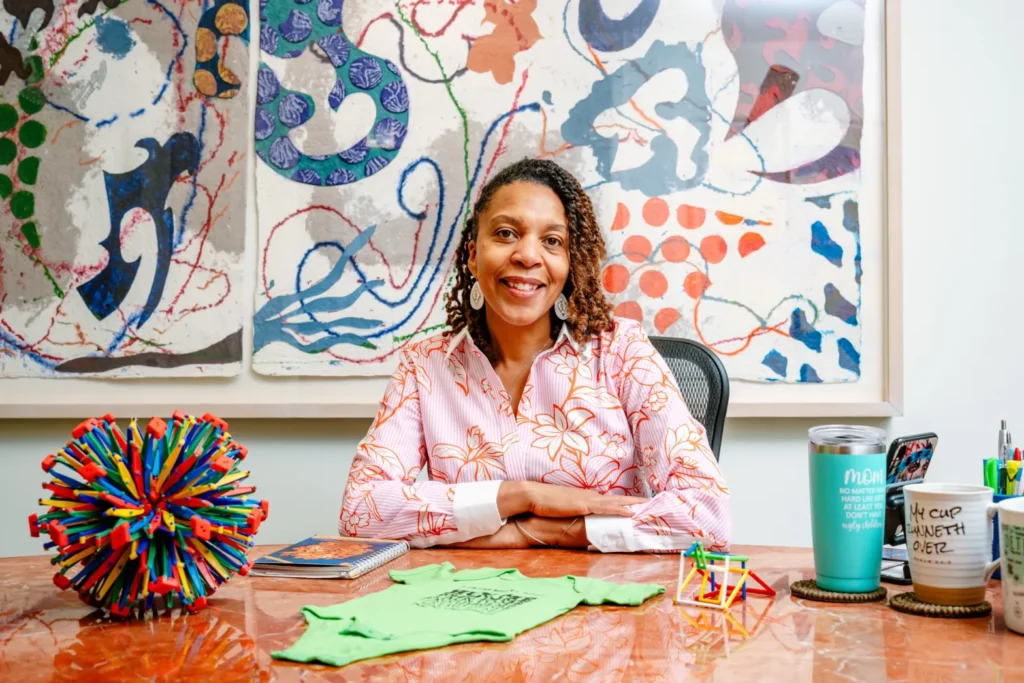
The Hope Starts Here initiative was started by the Kellogg Foundation, Kresge Foundation, and a web of nonprofits in 2016, to holistically address issues within the early childhood education system.
After a yearlong process of hearing the concerns of 18,000 Detroiters, the foundations identified six focus areas or “imperatives” to anchor the Hope Starts Here initiative. The six goals grounding Hope Starts Here are promoting health, youth development, and well-being; parent and family leadership; providing high-quality programs and professionals; cultivating safe and inspiring environments; building better system alignment; and increasing funding for early childhood education.
All six of these imperatives were crafted from the concerns heard from parents in 2016. Morgan led the community engagement efforts.
“The parents said we don’t have anyone asking us what problems we are having in our neighborhood,” Morgan said. “They wanted childcare in the neighborhood that was safe for them to walk to .… They wanted to feel respected and invited into educational spaces, and the number one thing they said was quality facilities with a clean environment, with all the materials their child needs, and teachers who care.”
“We know the early childhood education system is fragmented,” said Eileen Storer Smith, a Hope Starts Here program officer with the W. K. Kellogg Foundation. “We also know the field is underpaid and community organizations led by women and women of color are significantly under-resourced… We want to make sure Detroit’s young children have the same options and opportunities as children in suburban cities.”
Imperative one is co-led by the Henry Ford Health System and the City of Detroit’s Health Department who want to make health and social services more accessible.
“Their goal is to improve maternal and infant health. They are creating a system where every mom gets surrounded by resources like doctor consultation help, diapers … whatever she needs,” Jonathan Hui with the Kresge Foundation said. “They’re making sure that mom has access to not just health but developmental services as well.”
Both Henry Ford Health and the city’s Health Department hope to dismantle structural barriers and racial disparities by focusing on Black expectant mothers, birthing people, and children aged 0 to 8 years old.
For imperative two, on parent and family leadership, groups like Detroit Champions for HOPE are working to equip caregivers and parents of young children with techniques to support their children and prepare them for kindergarten. One of Detroit Champions for HOPE’s goals is for Detroit to have a 75% proficiency rating in third-grade math and English by 2027.
Beyond improving math and literacy rates, organizations like Detroit Champions for HOPE are also working to make sure children are supported mentally and emotionally.

“The role of imperative number two is focused on parents as their child’s first teacher but also as an advocate for their children,” Morgan said. “Detroit Champions for HOPE is trying to activate the power within as many parents as possible to be leaders of their own child’s learning and development. We make sure parents are aware of what resources are available to them and also ways to support their child’s development in their own home.
One technique Detroit Champions for HOPE developed for parents is called the “6-A-Days,” which is to hug, encourage, talk to, sing to, read to, and play with their children each day.
“One of the most important factors for a child’s developing brain is how their caregivers interact with them,” Morgan explained. “There has been research around children in extreme poverty that shows skin-to-skin contact has helped to reduce the negative impact that poverty has on the brain. It’s even more critical when they’re a newborn. Hugs reduce the levels of stress in children and adults.”
To ensure families have access to high-quality early childhood programs under imperative three, the Early Childhood Investment Corporation and Black Family Development are fighting for better wages for educators. The organizations also hope to influence state and federal policies for early childhood professionals that give them access to professional development opportunities. This will make it easier for Detroit schools to attract and retain better teachers.
Hope Starts Here’s fourth imperative is to increase public resources to improve the design, safety, and learning environment at early childhood care centers. In May, the state announced that, “the $59 million Caring for MI Future Facilities Improvement Fund (FIF) has helped more than 1,100 home- and center-based facilities fund more than 3,500 renovation and upgrade projects, expanding access to safe, quality, and affordable child care for Michiganders.”
IFF, an agency that provides technical assistance, facilitating projects to improve or build early childhood learning spaces has supported more than 80 Detroit providers with $6.4 million to improve their facilities through the grant.
Next, United Way of Southeast Michigan is working to integrate data across all early childhood systems for Detroit families so they can find the resources they need more easily.
“They’re working on something called a Community Information Exchange, which allows for kind of a one-stop shop for families to do early childhood enrollment, [find] food access, housing access, [and] all of the needs that families with young children might need kind of are integrated into one platform,” Hui said.
Their work also includes identifying areas where the state budget can be distributed to better support Detroit families.
Hope Starts Here’s final imperative is to increase funding for early childhood education by aligning private and public funders with the needs of Detroit families. The Southeast Michigan Early Childhood Funders Collaborative is working to fill these information gaps.
The nonprofit groups working under Hope Starts Here were already pushing for a better early childhood education system in Detroit. This initiative is a way to make their work more visible.
Even during the COVID-19 pandemic, Hope Starts Here was advocating to increase equitable access among Detroit schools and childcare facilities. Some of their efforts included bringing in $23 million in childhood stabilization grant funding to keep childcare providers in business during the pandemic and assisting over 1,000 Detroit families in receiving the Child Tax Credit, which provided an additional $6.5 million to low and moderate-income families.
Hope Starts Here partnering organizations also brought in more than $5 million in public and private funding to help open and improve over 120 classrooms and learning spaces in Detroit. This included $2.9 million from the State of Michigan Caring for MI Future program.
Hope Starts Here operates by empowering independent teams to address each of the six goals. These strategy teams include parents and community members working with nonprofits leading that imperative. There’s also an advisory committee comprised of community leaders, state leaders, teachers, and other advocates. The committee is co-chaired by the Director of Michigan Programs for the W.K. Kellogg Foundation, Yazeed Moore, and Managing Director of the Detroit Program for the Kresge Foundation, Wendy Lewis Jackson.
“[it’s] mostly Detroit-based nonprofits leading the effort. Lifting up community leadership is how you see long-term change,” Storer Smith said. “Rather than a big foundation, the imperative leads are the ones bringing those partners together and coalescing the work. We have a collective impact model with distributed leadership. It’s a flattening of hierarchy so everyone’s voices can be heard.”
To learn more about Hope Starts Here, visit hopestartsheredetroit.org/.
Hope Starts Here’s six “imperatives” or goals, and the nonprofit providing delineated resources
Goal 1: Healthy, thriving families. Lead organizations: Henry Ford Health and the City of Detroit Health Department
Goal 2: Equip parents of young children with skills to best support their children. Lead organization: Detroit Champions for HOPE
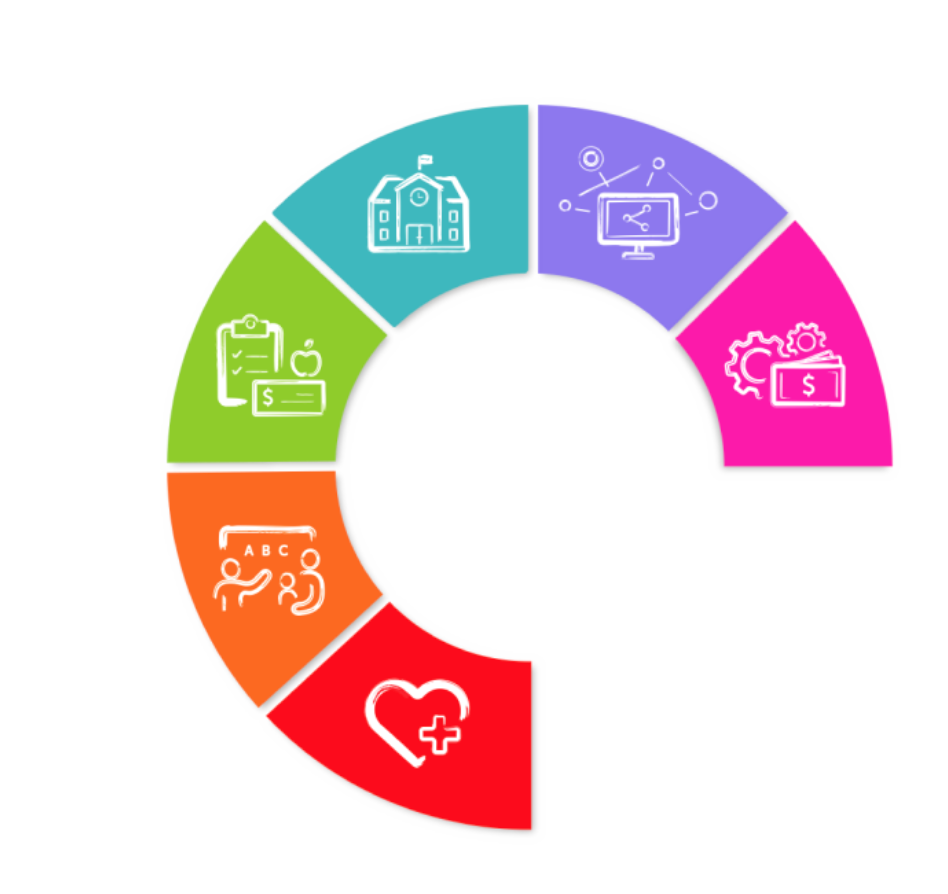
Goal 3: Attract and retain better quality early childhood education professionals. Lead organizations: Early Childhood Investment Corporation and Black Family Development
Goal 4: Provide children with safe and inspiring environments. Lead organization: IFF Community Development Financial Institution
Goal 5: Better system alignment. Lead organization: United Way of Southeast Michigan
Goal 6: Better funding. Lead organization: Southeast Michigan Early Childhood Funders Collaborative

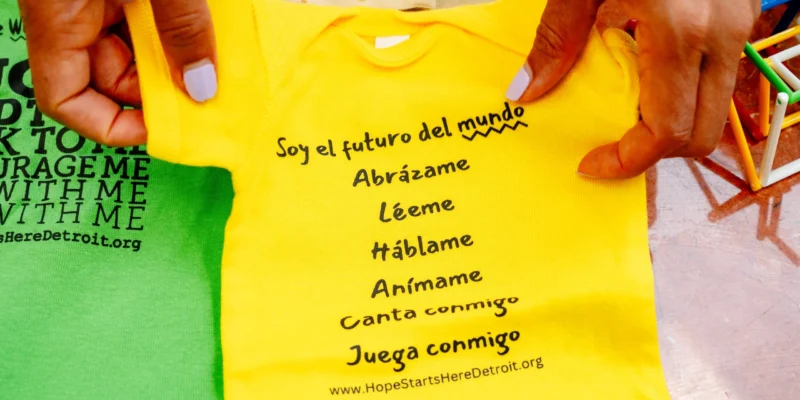
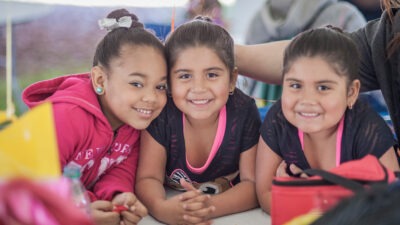
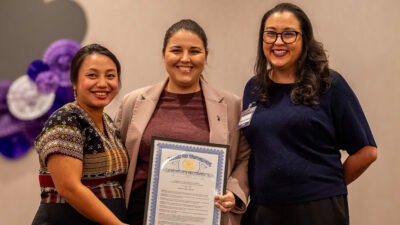
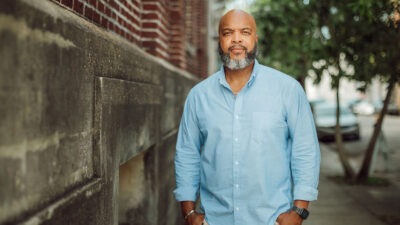
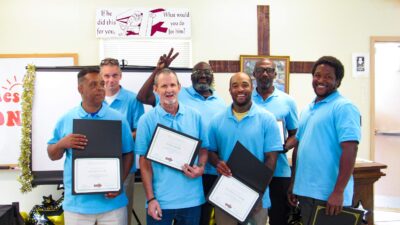

Comments